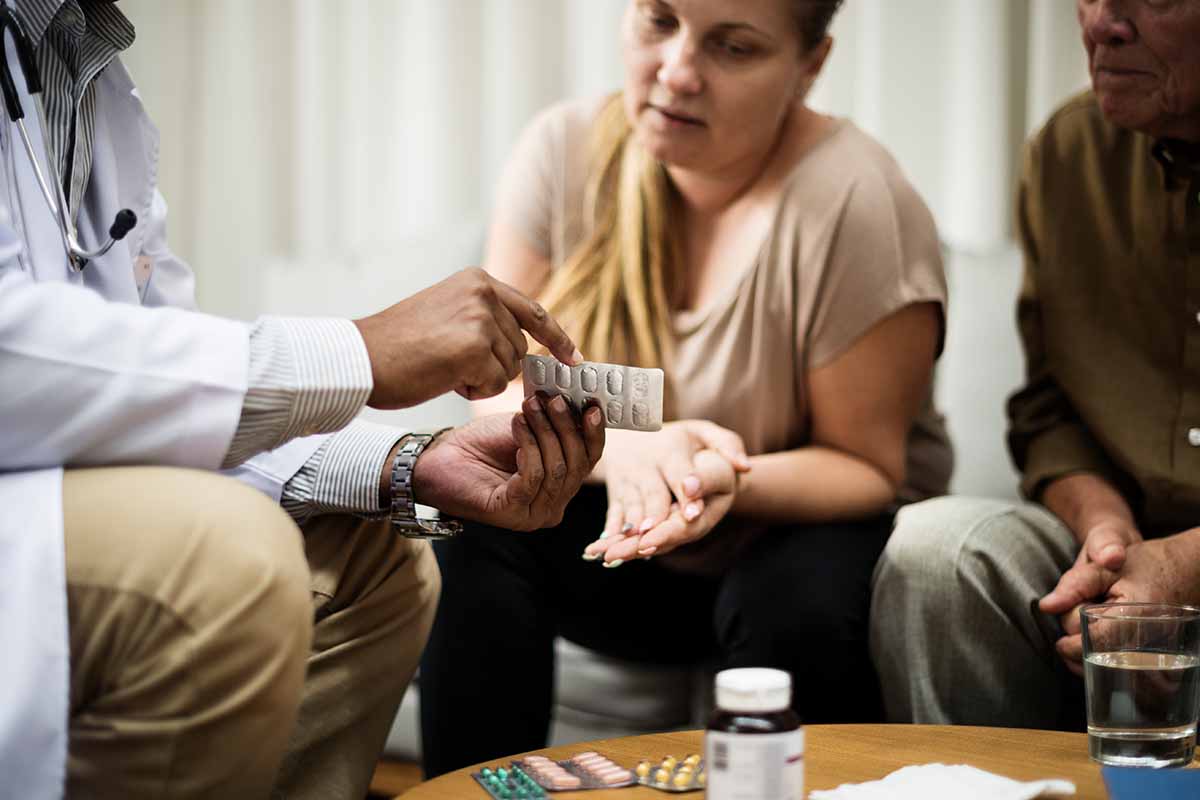A Fresh Start: Why Food and Water Matter in Recovery
Key Takeaways
- Nutrition for addiction recovery rebuilds energy, stabilizes mood, and supports the body during detox.
- Hydration is essential for flushing toxins and reducing withdrawal symptoms.
- A balanced recovery diet, supported by supplements and nutrient-rich foods, helps patients feel stronger each day of recovery.
Recovery starts with hope, but it’s also important to take time to heal your body. Following substance use your body often feels depleted of nutrients, energy, and homeostasis. That’s why the initial days of detox tend to feel really difficult. At 12 South Recovery we care about you stopping substance use, but we also care about restoring your body and mind. Small things, like eating healthy food and drinking water, can reduce cravings, help restore your strength, and help you feel more like yourself again, which is why nutrition and hydration matter a lot in early recovery.

Why Nutrition Matters in Early Recovery
During active substance use, the body becomes depleted. Alcohol blocks vitamin absorption, opioids slow digestion, stimulants suppress appetite, and many drugs strip the body of minerals and hydration. Over time, this leads to weakness, poor focus, unstable moods, and even serious medical issues.
When detox begins, the body is already working hard to rebalance itself. Without proper support, withdrawal symptoms can feel more intense. But when good nutrition is introduced, the body begins to repair faster. Proteins rebuild tissues. Carbohydrates stabilize energy. Healthy fats nourish the brain. Vitamins and minerals repair damage that substances left behind.
At 12 South Recovery, we believe that addressing nutrition isn’t optional, it’s part of recovery. Clients are encouraged to eat meals that are simple, balanced, and restorative so their bodies can regain strength from the inside out.
The Role of Hydration in Detox
Hydration is just as important as food. Many substances, especially alcohol, dehydrate the body. Without enough fluids, symptoms like headaches, dizziness, poor focus, and fatigue become worse. Staying hydrated helps the body flush out toxins, supports kidney and liver function, and improves mood and concentration.
Water is the best source of hydration, but herbal teas, electrolyte drinks, and water-rich foods such as cucumbers, watermelon, and oranges can also help restore balance. At 12 South Recovery, we remind clients that even small sips throughout the day add up. Hydration supports both comfort and healing during detox and beyond.
Building a Recovery Diet Step by Step
Once hydration is stable, attention shifts toward food. A strong recovery diet is about balance. Eating three regular meals a day helps regulate blood sugar, stabilize emotions, and reduce cravings. Skipping meals often makes mood swings worse, which can increase the risk of relapse.
The foundation of a recovery diet includes:
- Proteins: chicken, fish, beans, eggs, and nuts to rebuild tissues and muscles.
- Complex carbohydrates: oats, brown rice, sweet potatoes, and whole wheat bread for steady energy.
- Fresh vegetables: leafy greens, peppers, carrots, and broccoli for fiber and vitamins.
- Fruits: apples, bananas, berries, and oranges to satisfy sugar cravings naturally.
- Healthy fats: avocado, olive oil, and seeds to support brain health.
Over time, these foods help regulate mood, increase energy, and rebuild physical strength.
Recovery Foods That Make a Difference
Not all foods are equal. Some foods are particularly supportive for people in detox and early recovery because they provide nutrients that the body has lost.
- Blueberries and strawberries: rich in antioxidants that repair cell damage.
- Salmon and tuna: packed with omega-3 fatty acids that improve focus and reduce anxiety.
- Quinoa: a complete protein grain that helps restore energy.
- Greek yogurt: provides probiotics to support gut health, which often suffers during substance use.
- Leafy greens: spinach, kale, and collards rebuild iron and folate levels.
These “high end recovery foods” not only fuel the body but also improve mood and mental clarity. Many of our clients at 12 South Recovery notice the difference within weeks of adjusting their diet.
Supplements That Support Healing
Sometimes food isn’t enough to repair the body quickly. That’s when supplements for addiction recovery can help fill in the gaps. They should never replace meals, but they can support healing during detox.
- B-complex vitamins: restore energy and help regulate mood.
- Magnesium: reduces muscle cramps and improves sleep quality.
- Vitamin C: boosts immune function.
- Zinc: supports tissue repair.
- Omega-3s: aid in brain recovery and lower depression risk.
At 12 South Recovery, medical professionals guide supplement use so clients feel safe and supported while their bodies heal.
Special Focus: Diet for a Recovering Alcoholic
Alcohol damages the body in different ways. Heavy drinking depletes thiamine, folate, and zinc, which are essential for nerve function and brain health. A strong alcohol recovery diet focuses on replacing these nutrients.
For someone building a diet for a recovering alcoholic, the best choices include:
- Whole grains for steady energy.
- Dark leafy greens for folate.
- Citrus fruits for vitamin C.
- Lean meat for protein and iron.
- Nuts and seeds for healthy fats.
By making these foods part of everyday meals, individuals can improve liver function, balance mood, and restore long-term health.
Do Foods Really Sober You Up?
A common question is whether there are foods that sober you up. While no food can instantly remove alcohol or drugs from your system, certain foods help the body stabilize.
Protein-rich snacks like eggs or turkey slices reduce blood sugar crashes. Complex carbs such as oatmeal and sweet potatoes help maintain energy. Water-rich foods like watermelon and cucumber improve hydration. Together, these foods make early recovery more comfortable.
The Emotional Side of Eating in Recovery
Food is more than fuel, it’s comfort. During early recovery, many people experience sugar cravings or turn to food for emotional support. This is normal, but it’s important to address nutrition addiction, where unhealthy eating patterns replace substance use.
At 12 South Recovery, we encourage mindful eating practices that help clients connect with their bodies. Preparing simple meals, sitting down at regular times, and avoiding processed snacks can bring a sense of stability. Food becomes a supportive part of recovery, not another challenge to overcome.
Restoration Through Nutrition
The idea of restoration nutrition is simple: every meal is an opportunity to rebuild. Even small choices, like choosing water instead of soda, or fruit instead of candy, add strength over time.
At 12 South Recovery, we see food as part of the foundation of recovery. When clients nourish their bodies, they feel clearer, calmer, and more able to focus on therapy and healing. Nutrition restores what addiction took away, piece by piece.
A Toast to Health: Call 12 South Recovery Today!
At 12 South Recovery, we know recovery is about more than abstinence, it’s about healing your body and mind so you can live fully. With the right balance of nutrition, hydration, and recovery foods, you can feel stronger, clearer, and ready for what’s ahead.
If you or a loved one is struggling, now is the time to act. Call 12 South Recovery today and take the first step toward lasting recovery with strength, energy, and hope.































